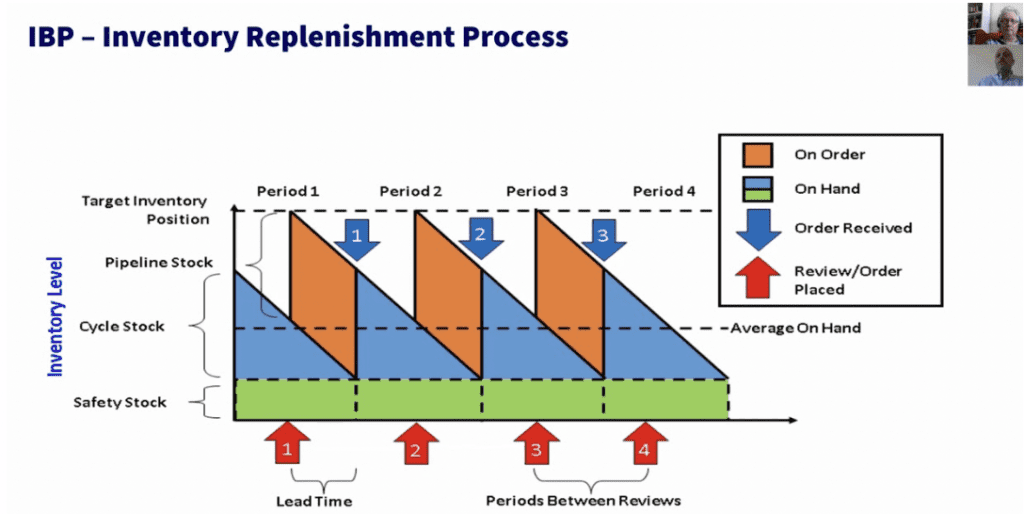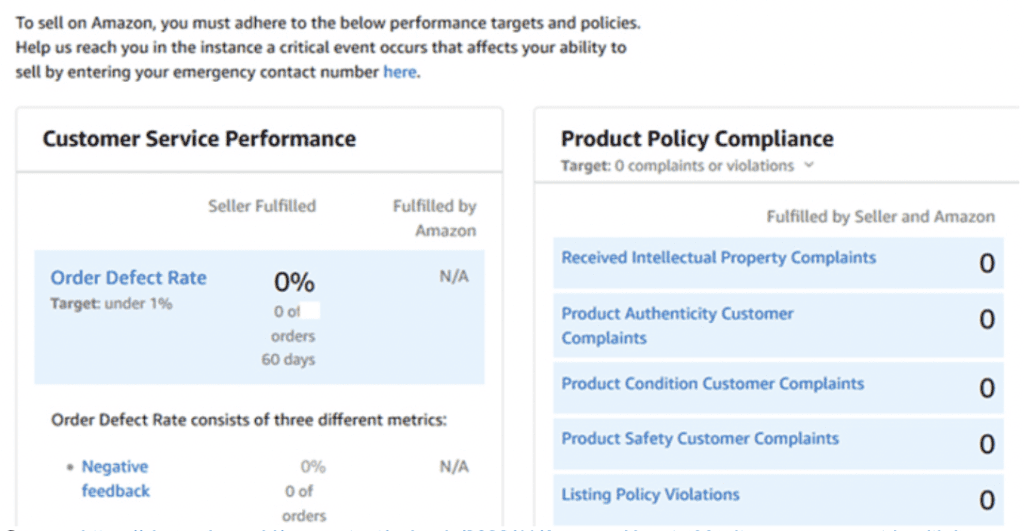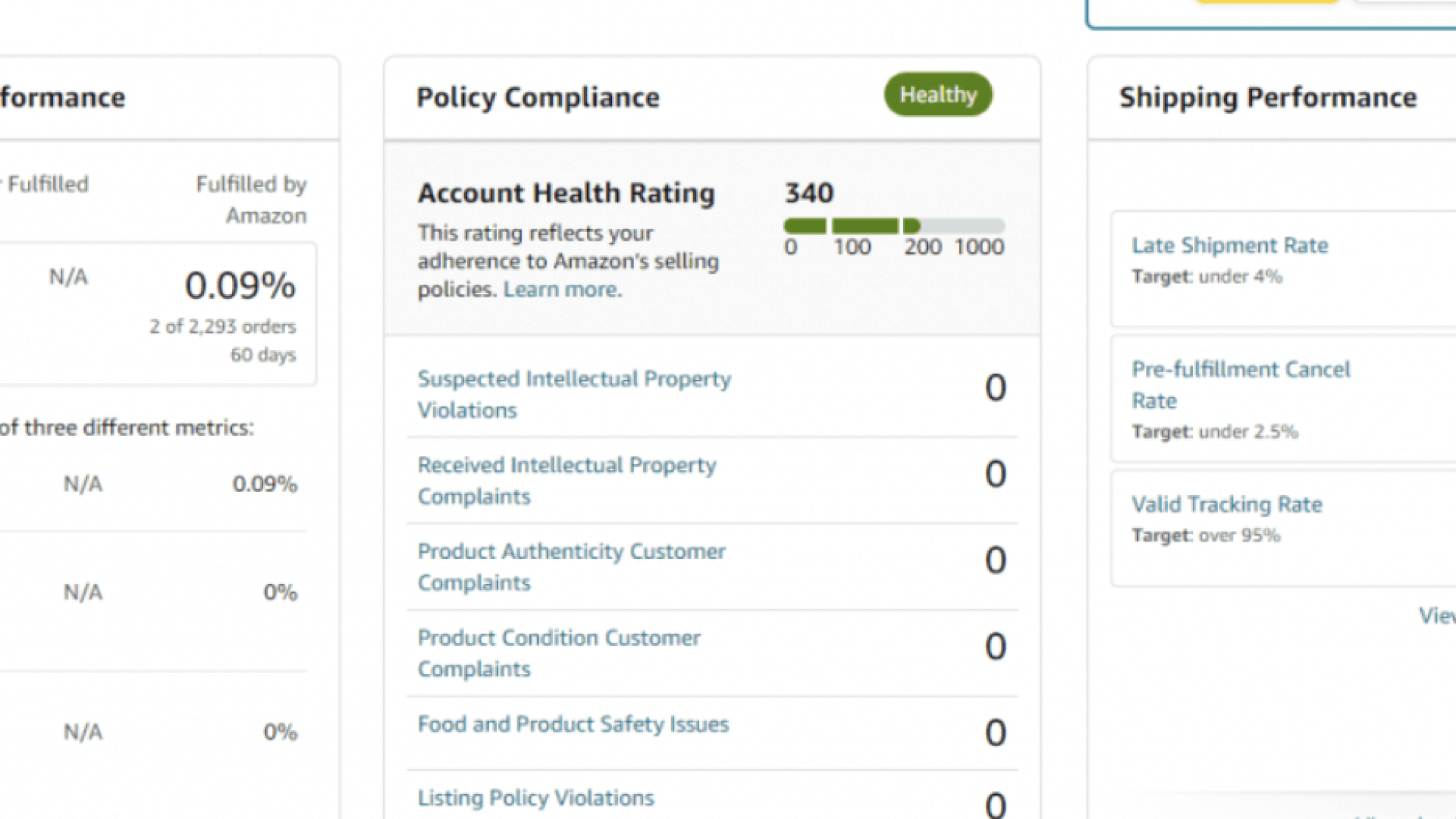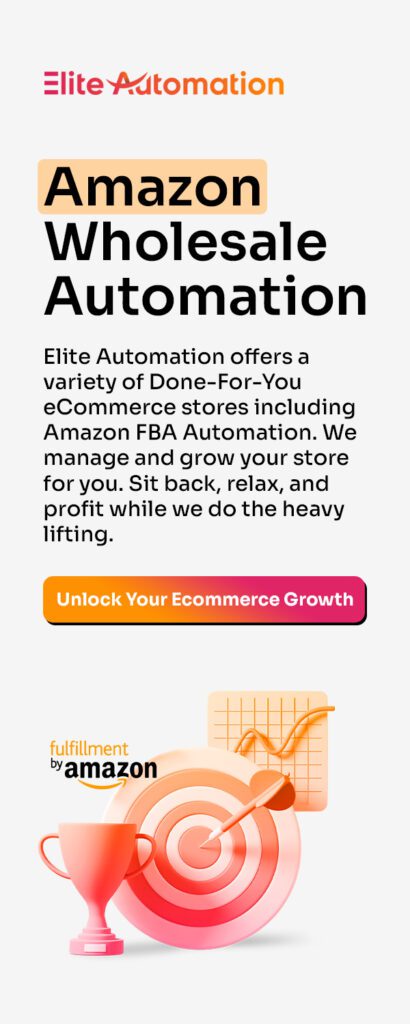In the dynamic landscape of eCommerce, ‘inventory health’ stands at the forefront as an integral component to the success of your business. Regular assessment of inventory health not only paves the way for increased sales, profitability, and business sustainability but also keeps your operation resilient in the face of market uncertainties.
Managing your inventory health well within the nuances of Amazon’s Fulfillment by Amazon (FBA) can pivot your business to that much-desired next level. This blog post aims to delve into the importance, assessment parameters, and strategies to enhance your inventory health in a world dominated by eCommerce and Amazon FBA.
In broad terms, inventory health encompasses whether you have the right amount of products stored & ready for dispatch. It helps you avoid stock-outs and overstock situations, both of which can damage your reputation and operational efficiency. Institutions like Amazon FBA take your inventory health into account when determining how your products are shown to potential customers. Therefore, maintaining healthy inventory levels is key to not only avoiding extra costs but also securing a prominent place in customer search results.
Inventory Turnover Ratio (ITR) serves as a great tool to assess the health of your inventory. This ratio compares your cost of goods sold (COGS) with your average inventory during a specific period. A high ITR indicates that products are selling fast and hence you are not tying up too much capital in inventory. On the other hand, a too high ITR may signal stock-outs, leading to missed opportunities. Striking the right balance here is key.
Assessing the effectiveness of your inventory management also involves analyzing stockout rates and excess stock levels. Stockouts lead to lost sales, trading a potentially repeat customer for a disappointed one. Contrarily, excess inventory leads to higher storage and carrying costs. Tags such as ‘stranded inventory’, ‘aged inventory’, and ‘excess inventory’, commonly seen in Amazon FBA reports, can be effectively reduced by optimum inventory management practices.
To ensure optimal inventory health, an efficient replenishment strategy is crucial. Leveraging technology to predict the demand for your products can lead to more accurate forecasts, minimizing the instances of stock-outs and overstock situations. Adopting a ‘Just-In-Time’ approach ensures that inventory is restocked only as it is about to run out, reducing carrying costs, and making your Amazon FBA journey smoother.
Inventories shouldn’t remain idle. A well-managed inventory turns over frequently, translating into lower costs & higher profitability. More sales mean higher sell-through rates, which reduce the risk of incurring Long-Term Storage Fees (LTSF) on Amazon FBA. Efficient management of this particular parameter largely influences overall inventory health and longevity on the platform.

The allocated inventory space in Amazon FBA commonly referred to as the Inventory Performance Index (IPI) score, is directly impacted by your inventory health metrics. A high IPI score,a result of a healthy inventory, ensures you pay less in storage fees and face fewer restrictions. Conversely, a low IPI score can hinder your selling potential due to stricter storage limitations imposed by Amazon FBA.
Keeping a close eye on your inventory health allows for the early identification and mitigation of any possible issues. Should a product’s sales suddenly decline, you can adjust your purchasing behavior accordingly to avoid overstock. Moreover, keeping tabs on product sales trends assist in streamlining the inventory process and avoid unnecessary charges from Amazon FBA.
Using advanced tools to track sales trends & customer preferences can enhance your inventory’s health. Machine learning algorithms can identify patterns in sales data, predict future demands, and even anticipate seasonal trends. Adopting such cutting-edge technology in your operational strategy can significantly improve inventory management within the Amazon FBA infrastructure.
Regular auditing of inventory is another important strategy for maintaining its health. By reconciling physical stock counts with recorded numbers, you can promptly detect discrepancies, if any, thereby reducing the chances of spoilages, thefts, and inaccuracies. This ensures that your Amazon FBA reports accurately reflect your inventory and helps you keep your business in good standing.
Maintaining good relations with suppliers can help sustain your inventory health over time. Reliable suppliers will ensure that products are delivered in a timely and consistent manner, helping you maintain stock levels and meet customer demand efficiently. Therefore, building strong vendor relationships forms a key part of the holistic inventory health picture in an Amazon FBA setup.
Managing returns effectively is equally crucial for good inventory health. Thoroughly inspecting and swiftly processing returned items for restocking helps maintain the quality of your inventory. This is particularly critical in the framework of Amazon FBA where the effective management of returns can help maintain your standing with the platform and promote customer trust.

Inventory health in eCommerce does not operate in isolation. It is closely connected with order fulfillment efficiency, customer satisfaction, and overall business profitability. Poor inventory health can lead to issues like late shipments, order cancellations, and negative reviews, all of which can have a drastic impact on your business’s reputation and standing within the Amazon FBA ecosystem.
Enhancing inventory health entails constant balancing, forecasting, and adjusting. It’s not a one-time effort but rather an ongoing process, a good grasp of which will lead to sustained growth & success of your Amazon FBA operation. Following these steps, you can ensure your inventory stays healthy and proactively address any issues, leading to an efficiently run, profitable business.
To wrap things up, managing and optimizing inventory health is a decisive factor for your success in eCommerce and specifically on the Amazon FBA platform. By adopting a strategic inventory management system, you can leverage the opportunities provided by Amazon FBA and carve out a clear road to success in the eCommerce world. Regularly assessing and optimizing your inventory health will not only provide efficient stock management but also enhance business profitability & sustainability.



